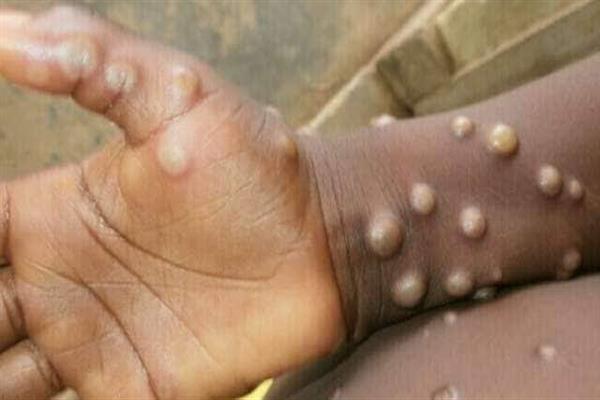
Delhi – First case of Monkeypox is reported in Delhi today whereas it is fourth in country till date.
Dr. Suresh Kumar, Medical Director, Lok Nayak Jai Parkash Narayan Hospital on Sunday said it is the first case of Monkeybox detected in Delhi, a 31 year old man who is infected has no travel history.
The patient is admitted to Maulana Azad Medical College. The 31 year old man is admitted to the hospital without travel history but having fever and skin lesions. However, the patient is stable as per reports.
Earlier cases detected with Monkeypox infection in India were nationals who had returned from the Middle East. In Thailand, an international living in country has been confirmed positive for Moneypox.
The first case of Monkeypox was detected in Delhi. The patient is stable and recovering.
There's no need to panic. The situation is under control.
We have made a separate isolation ward at LNJP. Our best team is on the case to prevent the spread and protect Delhiites.
— Arvind Kejriwal (@ArvindKejriwal) July 24, 2022
Taking on the Twitter account, Delhi Chief Minister Arvind Kejriwal has also confirmed the case of person infected with Moneypox in Delhi.
According to a News Agency report, the man has attended a stag party in Manali , Himachal Pardesh. The man was admitted in hospital three days ago with the visible symptoms.
The World Health Organisation, yesterday, has decided to designate the Moneypox outbreak as a global health emergency. WHO Director-General Tedros Adhanom Ghebreyesus said, “I have decided that the global monkeypox outbreak represents a public health emergency of international concern.”
Global data tells , over 16000 cases of Moneypox are detected till date in 75 countries and 5 deaths have been reported due to the disease so far.






